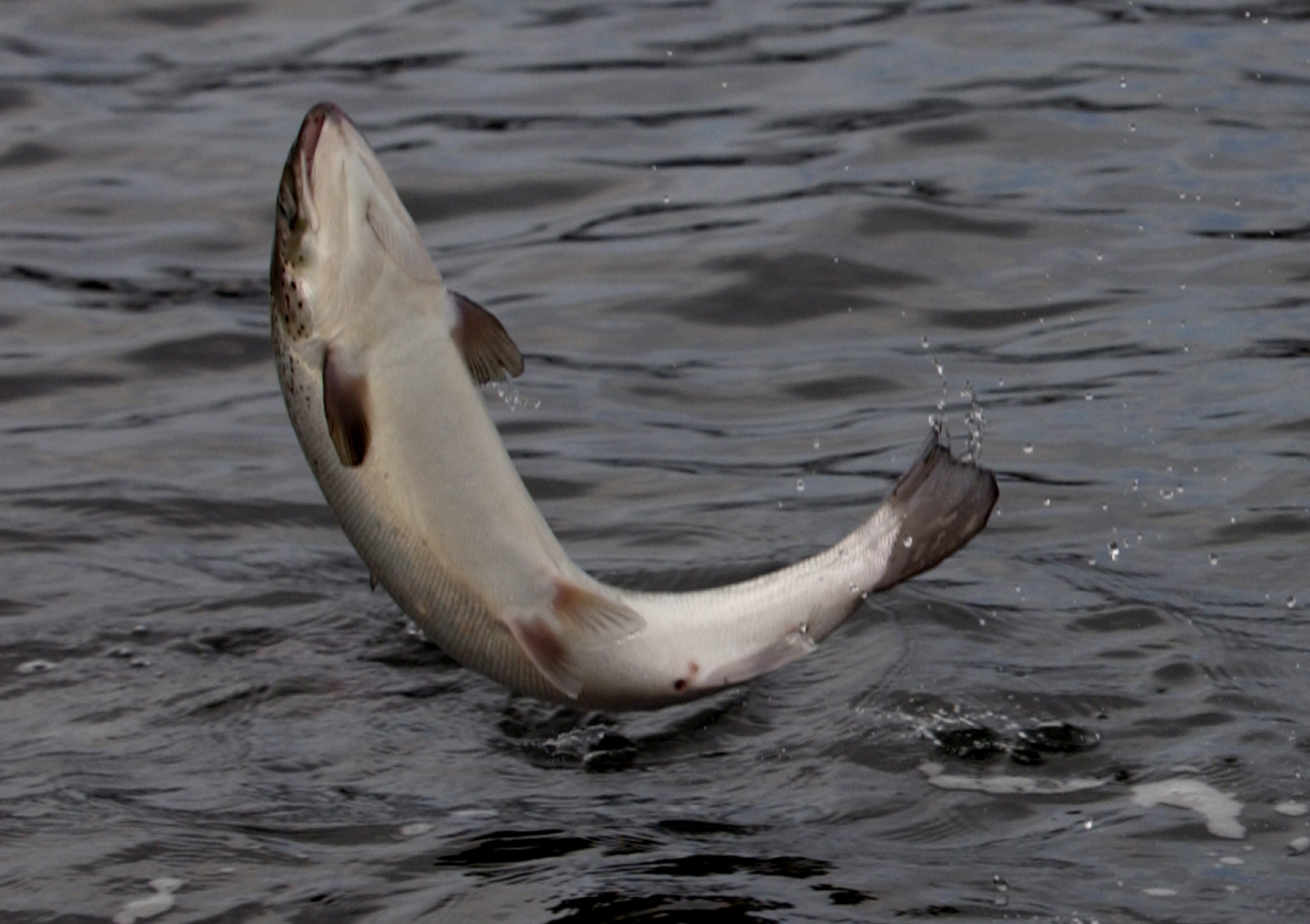Unusual Supreme Court tie hands victory to Native Americans, salmon
Photo: () | ©AFP
Washington (AFP) – A rare US Supreme Court deadlock on Monday is being hailed as a victory for the Pacific salmon and Native American fishing rights.
The court tied 4-4 in a case pitting Washington state against the northwestern state’s 21 Native American tribes.
The deadlock leaves in place a lower court ruling that required Washington state to make costly repairs to road culverts that impede salmon migration.
Justice Anthony Kennedy did not take part in the case because it came before him previously when he was an appeals court judge.
The Washington state government claimed the repairs would cost billions of dollars and provide only limited benefit to the spawning fish.
Native American tribes insisted that the state is required to carry out the work under treaties guaranteeing their fishing rights.
The US Justice Department sided with the tribes against the state authorities.
The origins of the dispute date back to the expansion of the American West by white settlers in the mid-19th century at the expense of the indigenous population.
Isaac Stevens, the iron-fisted first governor of what was then Washington Territory, negotiated a set of treaties with the tribes of the Pacific Northwest.
Under the 1854 and 1855 treaties, the Native Americans of Washington Territory ceded vast swaths of land in return for retaining fishing rights.
The treaties included a near-identical clause: “The right of taking fish, at all usual and accustomed grounds and stations, is further secured to said Indians, in common with all citizens of the territory.”
Washington’s barrier culverts undermine that right by preventing the fish from getting to their spawning grounds, the tribes argued in a brief with the court.
Washington state has hundreds of culverts channeling streams under thousands of miles of roads and highways.
But the tribes argue that many of the culverts are inadequate or poorly maintained, contributing to a steep decline in the salmon population.
A 1997 study concluded that if only half of the then 363 fish-blocking culverts under state roads were repaired, 200,000 more wild salmon could be produced annually.
Washington state contended that the treaties clashed with the needs of development and modernity — and would create a financial burden of up to $2 billion.
The tribes won in federal court in 2007 and in an appeals court in 2016.
Dow Constantine, the executive of Washington state’s King County, welcomed the Supreme Court move.
“The US Supreme Court sent a strong signal across the nation and here at home in support of tribal treaty rights,” Constantine said in a statment.
“Now, it is time to set aside acrimony and disagreement, and get to work reducing barriers to fish passage,” he said.
Disclaimer: This story has not been edited by Siliconeer and is published from a syndicated feed. Siliconeer does not assume any liability for the above story. Validity of the above story is for 7 Days from original date of publishing. Content copyright AFP.


